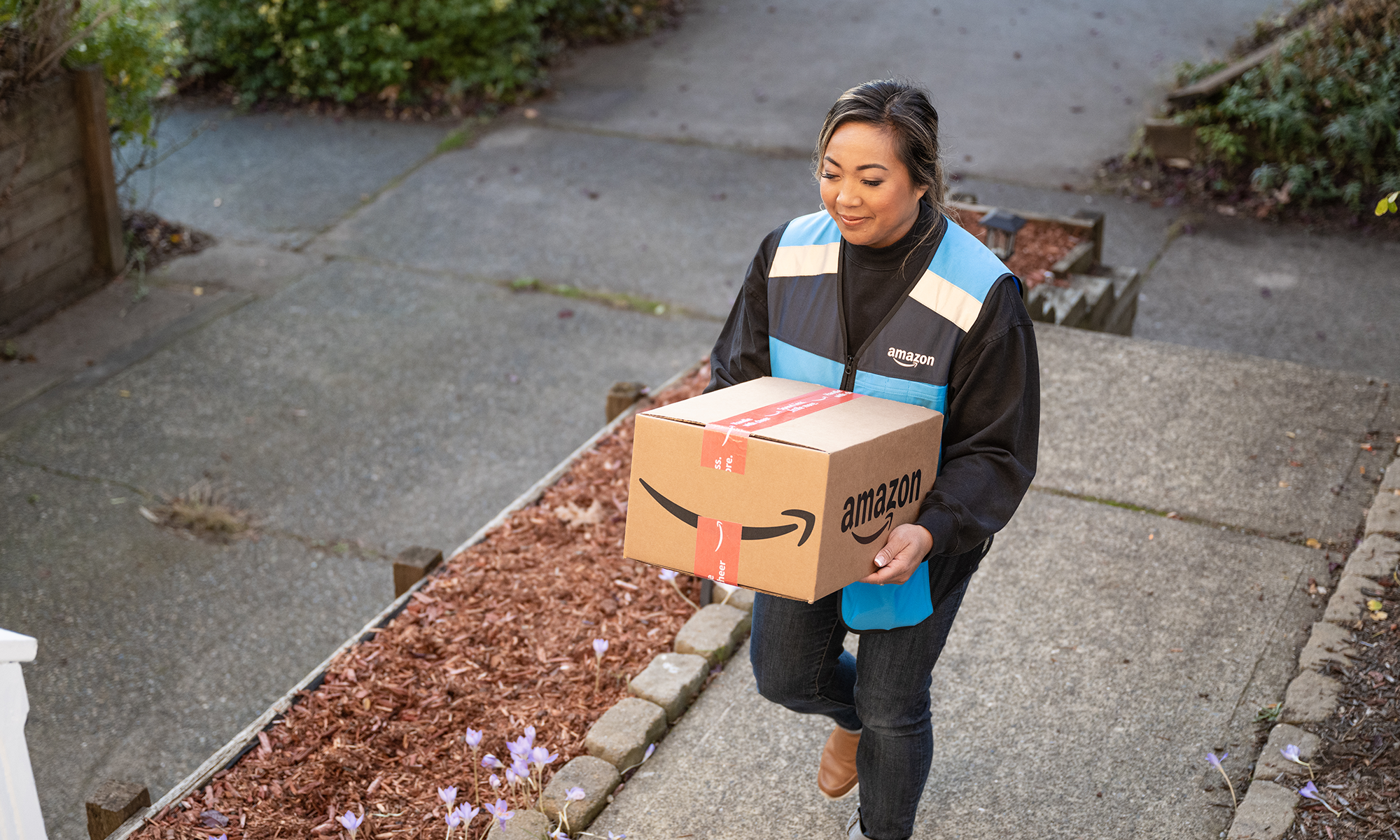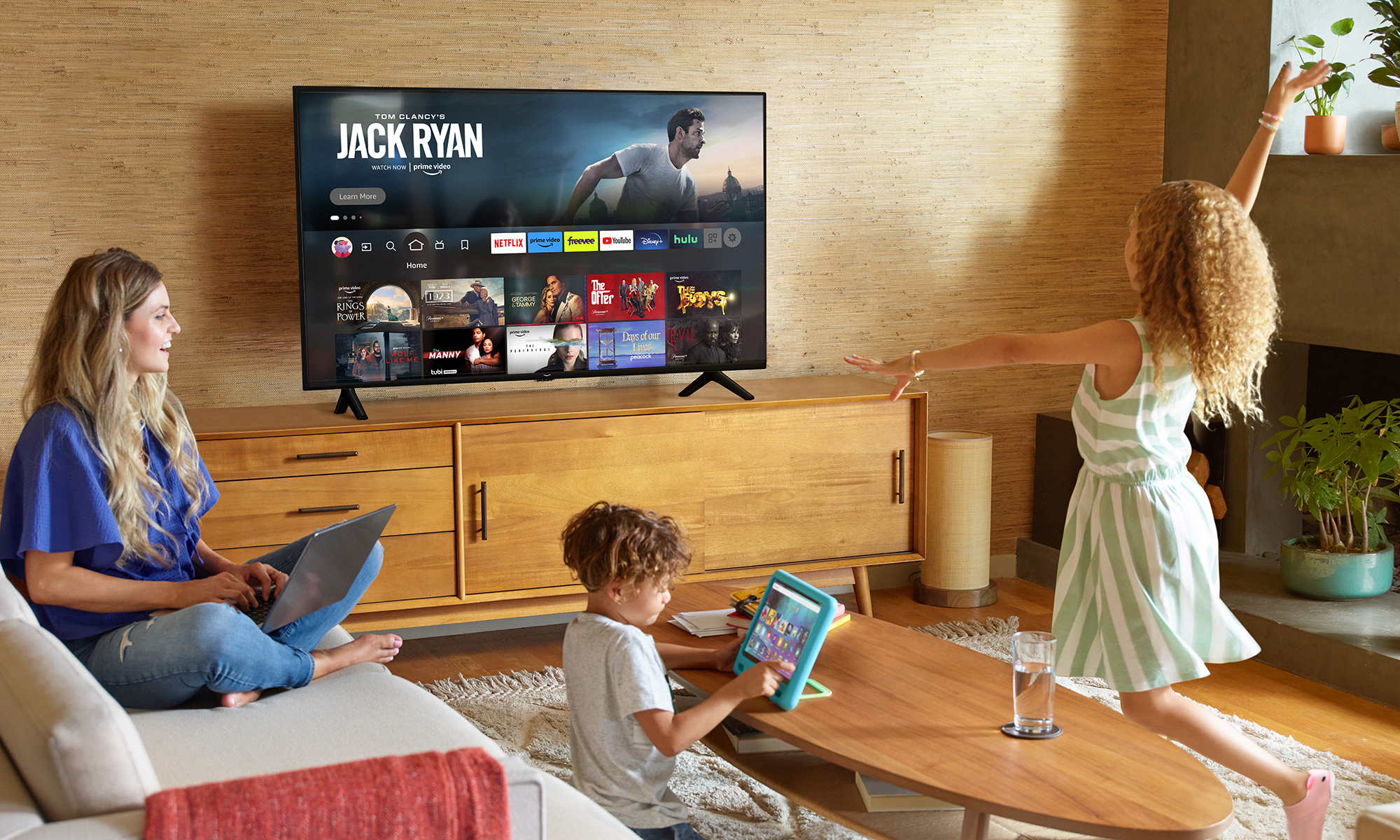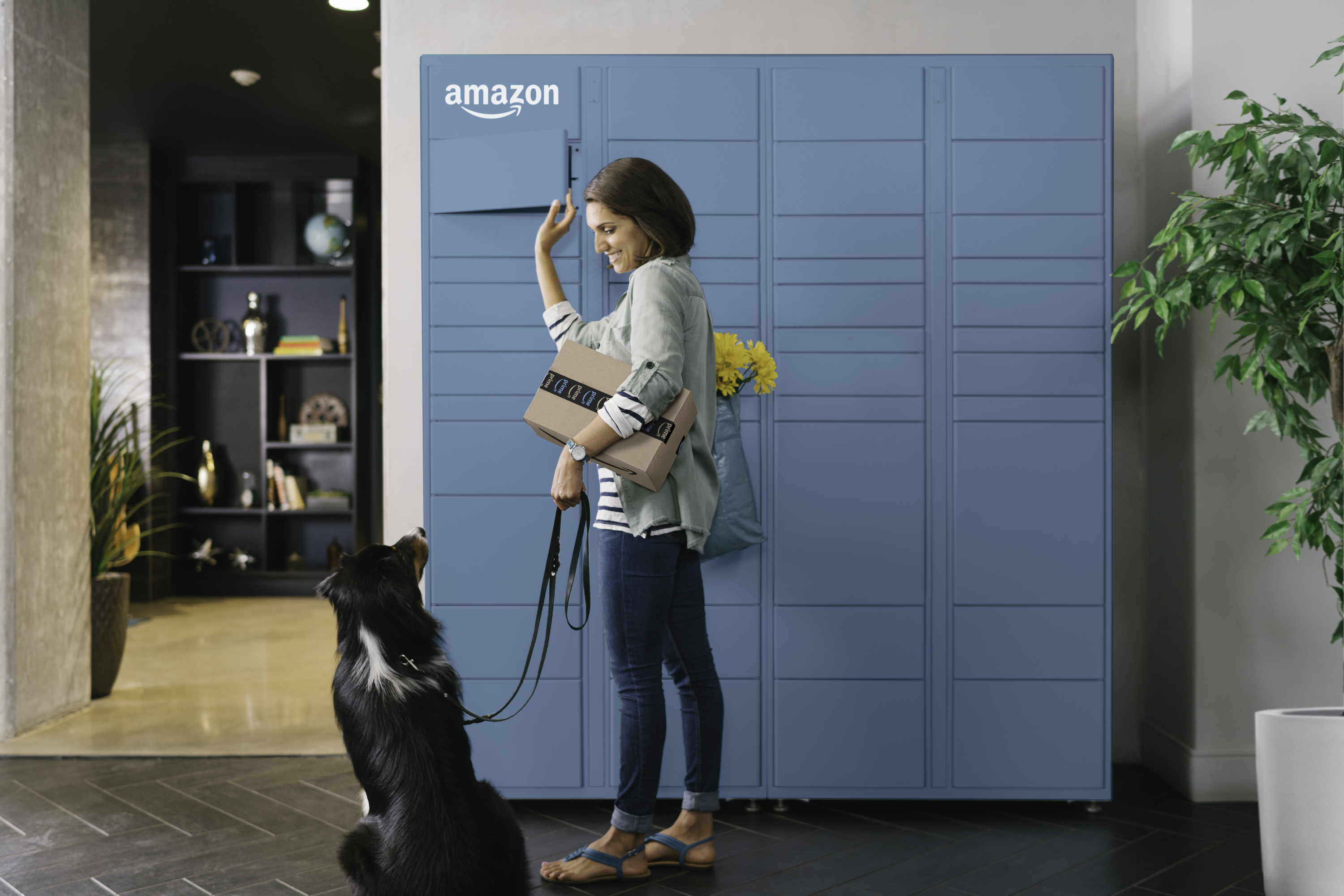Amazon (AMZN 0.48%) is set to spend about $5 billion on content for Prime Instant Video this year. In an effort to expand its movie selection, the company has held talks to co-finance films with Viacom's (VIAB +0.00%) Paramount Pictures and Sony (SNE +0.11%), according to a report from Bloomberg.
More movies, especially the big blockbusters that major studios produce, ought to help Amazon attract more viewers. While original series get all the attention, films still attract a lot of eyeballs. Netflix (NFLX 1.75%) has stated that movies make up about one-third of all viewing on its platform. Similarly, HBO reports that movies make up about 72% of all its viewing hours.
Teaming up with Sony and Paramount now will position Prime Instant Video's movie offerings to deliver even more customer value over the next decade.

Image source: Getty Images.
Long-term thinking
Sony and Paramount both currently have deals with premium cable networks that lock up their film rights through 2021. But if Amazon waits until 2021 to try to ink a licensing deal, it could be too late to seize these opportunities. Netflix, along with HBO parent company AT&T (T +4.24%), are dealing with that reality right now.
HBO has a licensing deal with Twenty-First Century Fox, and Netflix has a deal with Disney. When Disney completes its acquisition of Fox assets, Disney plans to retain both Disney and Fox streaming rights for use in its own streaming service. HBO's deal with Summit Entertainment is likely to suffer a similar fate due to Summit's parent company, Lionsgate, acquiring Starz in 2016.
As more media companies integrate production with distribution, the pickings are increasingly slim for blockbuster studio films. Sony and Paramount are two studios that are relatively unattached to a specific distribution service.
By including a co-financing offer as part of a long-term licensing contract for the next decade, Amazon provides an incentive for the studios to sign now. Both studios have had recent co-financing deals fall through or end and could use additional capital to compete with well-backed Disney, Universal, and Warner Bros.
What about originals?
Amazon has had some success with original films in the past, earning several Oscar nominations as well as two wins for Manchester by the Sea for best actor and best original screenplay. Amazon's studio has faced a lot of turnover in the last year, however, with several scrapped projects. Working with Sony or Paramount gives it a quick and easy way to get more high-quality big-budget projects in its portfolio.
Meanwhile, Netflix is investing heavily in original films as it opposes offering theaters an exclusive window to show its movies. The streaming leader expects to release 80 original films this year. In 2019 it will release some big-budget films, including Martin Scorcese's The Irishman and Six Underground, a new project from Michael Bay starring Ryan Reynolds. Still, Netflix hasn't found nearly the same success with original films as it has with original series.
AT&T said it plans to increase the original content budget for HBO. With so many of its movie deals set to expire in the first few years of the next decade and very little chance for renewing them, it makes sense for HBO to lean more on originals going forward.
If Amazon can lock down deals with movie studios, it won't have to lean as heavily on original series and films and go head to head with two of the best original content producers.
That's not to say it won't continue to invest in original content. After all, with more streaming services popping up every year, it's likely the amount of available content will become increasingly limited and the price will only become more and more expensive. Nevertheless, locking down licensing deals could provide Amazon with a distinct advantage in the middle part of next decade.









